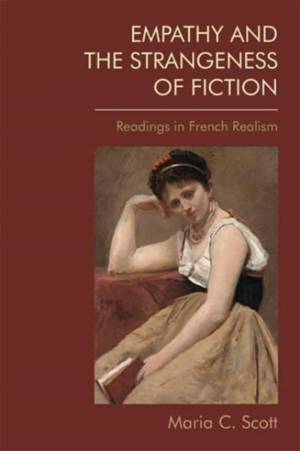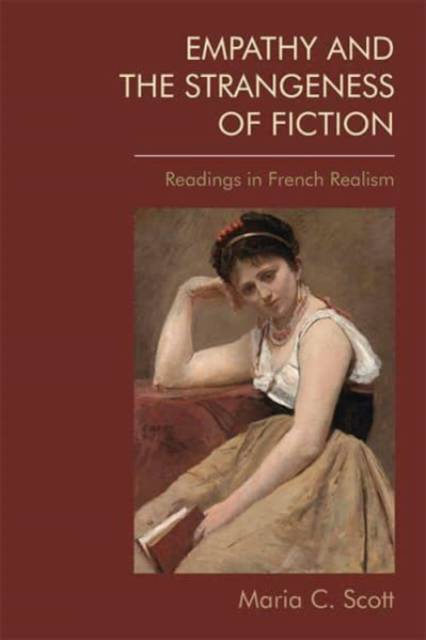
- Retrait gratuit dans votre magasin Club
- 7.000.000 titres dans notre catalogue
- Payer en toute sécurité
- Toujours un magasin près de chez vous
- Retrait gratuit dans votre magasin Club
- 7.000.000 titres dans notre catalogue
- Payer en toute sécurité
- Toujours un magasin près de chez vous
Empathy and the Strangeness of Fiction
Readings in French Realism
Maria C Scott
Livre broché | Anglais
46,95 €
+ 93 points
Format
Description
Explores how and why narrative fiction engages empathy, including Theory of Mind
Offers a broad overview of current scientific work on the effects of fiction-reading on empathy, including Theory of MindProvides an original intervention in the field of literary theory, centring on the reflexive properties of the fictional strangerIncludes stand-alone close readings of three novels by important French authors
Spécifications
Parties prenantes
- Auteur(s) :
- Editeur:
Contenu
- Nombre de pages :
- 240
- Langue:
- Anglais
Caractéristiques
- EAN:
- 9781474463041
- Date de parution :
- 03-03-22
- Format:
- Livre broché
- Format numérique:
- Trade paperback (VS)
- Dimensions :
- 156 mm x 234 mm
- Poids :
- 340 g







